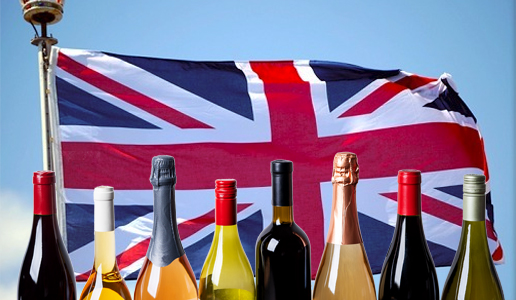UK wine market between coronavirus and “no deal” Brexit

With a value in excess of EUR 3.4 billion, the UK is our fourth largest export market for agri-food products, of which EUR 770 million is related to wine. What risks for the future?
According to a recent Nomisma Wine Monitor survey, during the lockdown, 3 out of 10 UK consumers said they consumed less Italian wine than in the pre-quarantine period, compared to 53% who did not change their purchasing preferences. One of the main reasons for this reduction is the closure of restaurants, in a country where out-of-home consumption accounts for 45% of the total value of food consumption (in Italy the incidence is 35%). And while waiting for the end of the lockdown - scheduled only for June 1 due to the continuous growth of contagions - the spectre of the "no deal" is increasingly threatening the Brexit negotiations.
The United Kingdom ranks sixth on the world food import scene with more than €58 billion of imported products in 2019, and second in wine purchases (just under €4 billion). Compared to this trade, Italy is an important partner; last year, compared to 3.4 billion of agro-food products exported from Italy to Great Britain, almost a quarter involved wine, making Italy the second largest supplier after France.

 Italiano
Italiano








